QuestionHi Patti. I was wondering if you could help me in realizing what the cause is and what to do. I have a golden retriever, male, and he is a little over 1 year old. He will start hyperventilating at random times. An Example is I will sit down for dinner, and he will start making these really loud breathing sounds. I will have to go under the table and make a 'shhh' sound and pet him on the head for maybe 2-3 minutes before he calms down. I have asked the vet about this, and he says he is sure it's fine, but my dog's 'problem' has been getting worse. Any ideas? Thanks!
Answer
Hi Kate,
It sounds like your dog is doing something called "Reverse Sneezing", not hyperventilating. Reverse sneezing has nothing to do with sneezing, but is a spasm caused by an irritation of the soft palate. The soft palate is a soft, fleshy tissue extension off the hard palate, or roof of the mouth. During a reverse sneeze episode, a dog will exhibit loud snorting, honking and gasping noises. During the episode, the dog will usually stand with it's elbows outward and extend her neck while gasping inwards with a distinctive snorting sounds, though I've had dogs that reverse sneeze while walking or running, and it doesn't slow them down.
When your dog starts to reverse sneeze, gently massaging his throat area or pinching his nostrils shut so he must breath through his mouth can help shorten the episode. Sometimes taking the dog outside in the fresh air stops the spasm. Once the attack ceases, all goes back to normal and the dog suffers no ill effects. Reverse sneezing appears a lot worse than it is, generally posing no health threats whatsoever. Typically, an episode of reverse sneezing will end soon after it begins on it's own, even if you do nothing.
It is thought that the spasm can be caused by a number of irritants, including dust and pollen, or household chemicals. Moreover, some dogs can launch an episode after eating, drinking or running around, or while pulling on the leash.
If your dog experiences this behavior fairly frequently and the episodes are severe, a trip to the vet is in order to determine other possible causes, which can include viral infections, polyps, excessive soft palate tissue, and nasal mites. However, many cases of reverse sneezing appear to have no identifiable cause.
These are a couple of short videos of dogs having a typical reverse sneeze episodes:
http://www.youtube.com/watch?v=0HXcMLokADc&feature=related
http://www.youtube.com/watch?v=CXDledRQ7y4&feature=related
http://www.youtube.com/watch?v=qDaiscbE75s&feature=related
I hope I've been a help.
Best of luck,
Patti

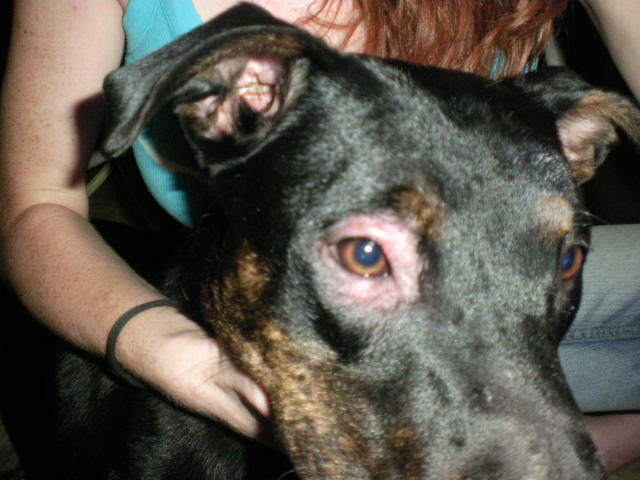 7 month old blue healer mix (Cloe)
Question
cloes right eye
Cloe was having really bad eye
7 month old blue healer mix (Cloe)
Question
cloes right eye
Cloe was having really bad eye
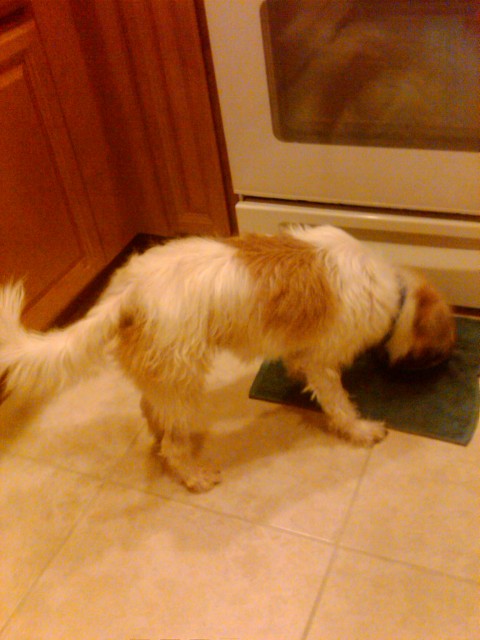 How do I groom my mixed breed terrier?
Question
Oliver
Hi Susan!
I recently rescued a wonderfu
How do I groom my mixed breed terrier?
Question
Oliver
Hi Susan!
I recently rescued a wonderfu
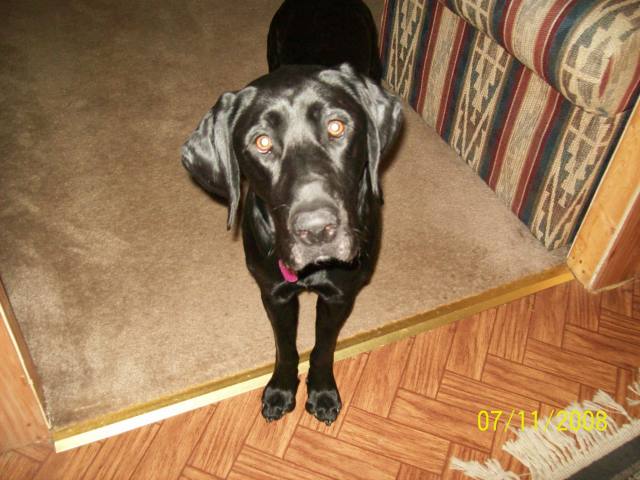 My 2 yr old blacks eating habits.
Question
Pic of Tula
I have a 2yr old black lab. Her an
My 2 yr old blacks eating habits.
Question
Pic of Tula
I have a 2yr old black lab. Her an
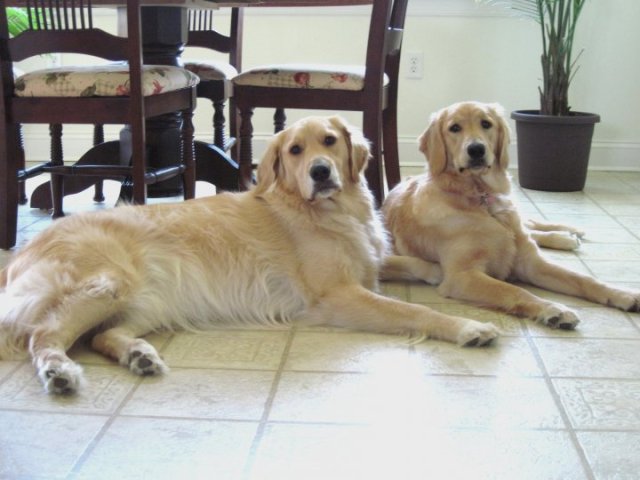 doggie doldrums
Questionsad dog
QUESTION: I have a 2 year old go
doggie doldrums
Questionsad dog
QUESTION: I have a 2 year old go
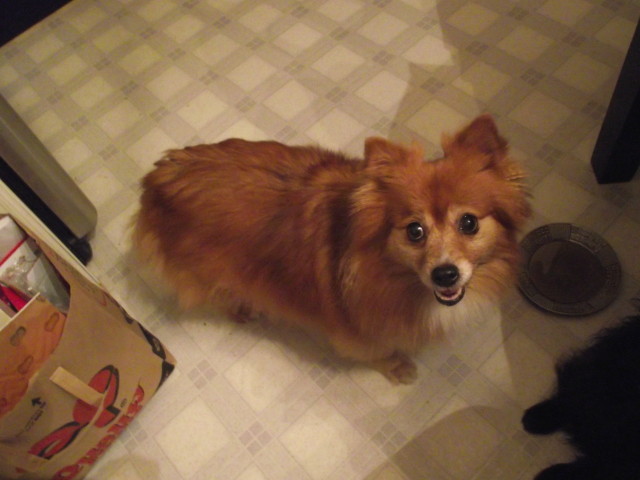 Pomeranian or Pomeranian mix
Question
Brandy my Pomeranian
Hi I have a Dog na
Pomeranian or Pomeranian mix
Question
Brandy my Pomeranian
Hi I have a Dog na